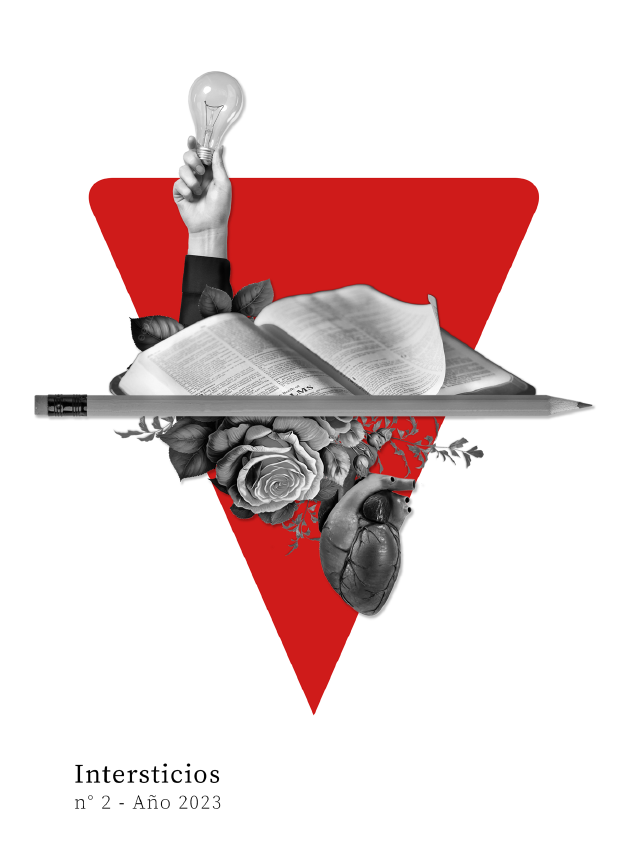Domestic violence and child abuse; expert practices of social intervention built from a situational perspective, rights approach and gender perspective, experiences of the Psychosocial Cabinet.
Abstract
The present research work arises around a critical and reflective perspective, from the professional experience as justice assistants, whose particularity is transcribed in a recent restructuring of the Psychosocial Cabinet of the Judicial Power, with the purpose of providing it with a functional and administrative organization. that allows it to act with greater speed and efficiency, contributing to the provision of an effective and quality Justice service (agreed No. 869/18).
Thus emerges our professional practice, which intervenes and evaluates, in lawsuits arising from a Family and Inheritance Civil Court, based in the City of Banda del Rio Salí, Dto. High Cross.
That is to say, our practice is located in a geo, historical and social context of vulnerability, which registers second place in the index of situations of domestic violence, marginal housing sectors and high poverty indicators.
The objective of this paper is to describe the professional role built and assumed in the preparation of social reports in situations of domestic violence and child abuse, from a situational perspective, with a focus on rights and gender perspective, revealing the reality suffered by women, childhood and adolescence victims of violence and abuse.
The complexity of current social problems promotes the need for interdisciplinary approaches and interventions that enable, through interpretations and/or holistic analyses, diagnostic approaches and the construction of knowledge that promote new superior approaches, allowing the full enjoyment and guarantee of citizenship rights.
A qualitative methodology is used with a descriptive study level, non-experimental transactional participatory approach. The unit of analysis is limited to the expert practices regarding the interventions in precautionary measures for the protection of the person, all with a type of non-probabilistic sampling for convenience, during the first semester of the current year.
In conclusion, an installed and legitimized struggle is observed, of the worker's competence, as a promoter of change towards a comprehensive view of people with rights affected, including them in the judicial process through their word and in accordance with international standards in the matter.
Downloads
References
Carballeda, A. J. M (2016). ¿Que nos hace ser trabajadores sociales? ¿Porque el Trabajo Social? Disponible en www.ts.ucr.dc.cr
Carballeda, A. J. M (2022). La Subjetividad como terreno de disputa. Ensayos teoricos-metodológicos acerca de lo social hoy. Margen.
Melano, M.C. (2003). Escritura y Trabajo Social. Del autor al lector. Revista Alternativas ,11, 111-129.
Oficina de la Mujer(2022), creada por la Corte Suprema de Justicia de la Provincia mediante Acordada Nº 721/12. “Ciclo de la Violencia”, material bibliográfico, curso Micaela.
Segato, R.L. (2003) Las Estructuras Elementales de la Violencia, Ensayos sobre género entre la antropología, el psicoanálisis y los derechos humanos. Editorial Universidad de Quilmes.
Zaffaroni, E.R. (2022). Colonialismo y Derechos Humanos. Taurus
Copyright (c) 2022 Intersticios

This work is licensed under a Creative Commons Attribution-NonCommercial-ShareAlike 4.0 International License.






